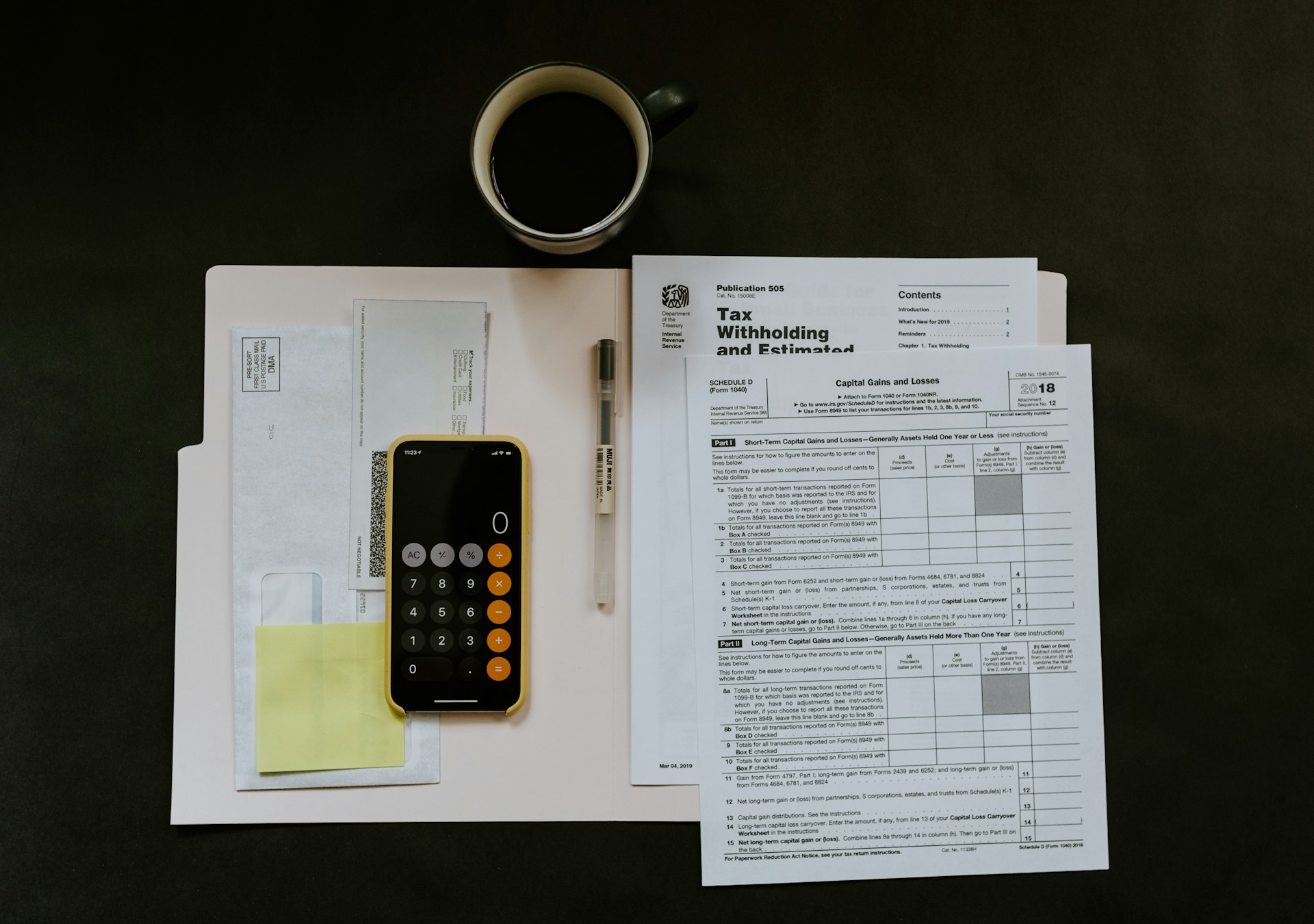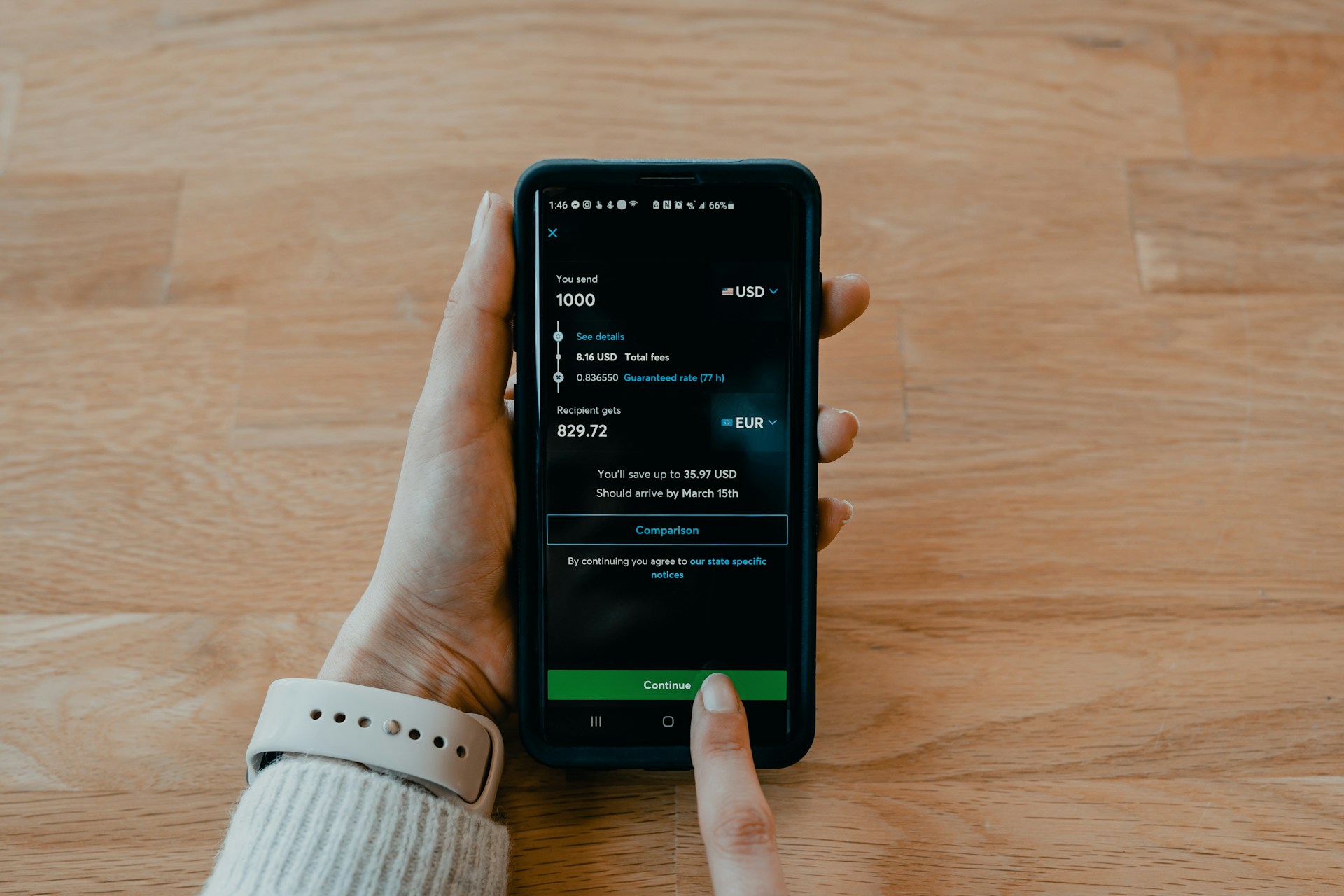For many Africans in the diaspora, financial pressure on Africans abroad often hides behind the image of success. While social media paints a picture of progress, new jobs, degrees, cars, and travel, what you rarely see is the silent weight of sending money home, supporting relatives, or managing the financial expectations of an entire family.
According to the World Bank, Africans abroad sent over $100 billion in remittances in 2024. Ethiopia alone received more than $6 billion in the 2023/24 fiscal year, reflecting the scale of dependence on diaspora income.
Yet behind these numbers are millions quietly struggling with anxiety, guilt, and burnout. The truth is simple: financial responsibility can turn into emotional exhaustion, one of the least-discussed mental health challenges among Africans abroad.
Key Takeaways
- Africans abroad face immense financial pressure, not just from living costs but from cultural expectations to support family back home.
- The concept of the “black tax” shows how emotional and financial obligations tied to identity and belonging can lead to guilt, burnout, and emotional fatigue.
- While fintech tools have made remittances easier, true relief comes from community support and budgeting habits that help individuals set boundaries and protect emotional well-being.
Why Do Africans Abroad Face So Much Financial Pressure?

Africans abroad face financial pressure because migration often comes with family expectations and cultural responsibility. Once someone moves overseas, relatives naturally look to them for support with bills, school fees, or emergencies. Helping family is viewed as an act of love and duty, not as a choice.
This constant flow of financial requests can quickly become overwhelming. Many Africans working in Europe, North America, or the Middle East send money home every month, even when their own expenses are rising. For Ethiopians and Eritreans, unstable work contracts and high living costs make the situation even harder to manage.
Over time, this creates emotional tension. You want to support the people you love, but doing so often means stretching your budget and sacrificing your own comfort. This mix of duty, guilt, and exhaustion defines much of the financial pressure that Africans abroad experience today.
How Does Financial Stress Affect Mental Health?
Financial stress affects mental health by creating a constant sense of worry, tension, and emotional fatigue. When Africans abroad face ongoing financial pressure such as supporting family, paying high living costs, and managing debt, the mind goes into survival mode.
This pressure triggers anxiety, restlessness, and feelings of guilt when you cannot meet every financial expectation. Over time, it leads to burnout, difficulty sleeping, and loss of motivation.
Financial stress does not just drain your wallet; it drains your emotional energy too. The longer the pressure continues, the higher the risk of depression and mental exhaustion.
Among Africans abroad, these struggles take on unique dimensions. Eritrean refugees in Germany, for example, reported significant psychological distress related to financial instability and family obligations, despite having social resilience networks (ResearchGate Study on Eritrean Refugees).
Common emotional effects include:
Anxiety: worrying about family support and personal bills.
Insomnia: losing sleep over competing priorities.
Depression: feeling trapped between loyalty and exhaustion.
These are not isolated cases, they reflect a broader pattern of how financial pressure on Africans abroad can directly shape mental well-being.
Watch this short video to understand how global remittances shape diaspora life and the pressure to keep supporting loved ones:
What Is the ‘Black Tax,’ and Why Does It Hurt So Much Emotionally?

The “black tax” refers to the financial responsibility many Africans feel toward supporting their families back home. It is not just about sending money; it is about identity, gratitude, and belonging. In many cultures, success is seen as something that should benefit everyone, not just the individual who worked for it.
For African migrants, helping family is both a source of pride and pressure. The moment someone earns a stable income abroad, relatives often depend on them for daily needs, education, or emergencies. Saying no can feel like abandoning loved ones, even when money is tight.
This emotional struggle builds over time. You want to help, but constant giving can lead to guilt, stress, and exhaustion. Financial pressure on Africans abroad becomes more than a money issue, it turns into a cycle of emotional fatigue where you feel responsible for everyone’s well-being but rarely take care of your own.
Are Fintech Platforms Helping or Hurting the Situation?
Fintech platforms have changed how Africans abroad send money home. Apps like Chipper Cash, LemFi, Grey, and Sendwave have made remittances faster, cheaper, and more reliable. For many Africans living overseas, these platforms are a lifeline that helps them stay connected and provide for loved ones with just a few taps.
At the same time, this convenience comes with a hidden challenge. Because sending money is now so effortless, it often reinforces the habit of giving continuously, even when finances are tight. The emotional urge to help family can override personal budgets, leading to more financial pressure and anxiety.
To make a real difference, fintech companies need to go beyond speed and low fees. They can play a bigger role in promoting emotional and financial well-being by introducing tools for budgeting, reminders to pause before sending, and features that encourage saving. Helping Africans abroad manage their emotions around money is just as important as helping them move it.
SEE ALSO: The African Diaspora: Impact, Challenges, and Cultural Significance
How Can Africans Abroad Cope With Financial Pressure in Healthy Ways?
Managing financial pressure on Africans abroad requires balance between cultural duty and personal well-being. Here are actionable, evidence-based steps:
Set Boundaries and Communicate Them Kindly: Be open with family about what you can afford. Clarity prevents guilt and resentment.
Create a Realistic Budget: Allocate specific percentages for remittances, savings, and essentials. Apps like YNAB or Mint can help track your limits.
Prioritize Your Mental Health: Reach out early. Organizations like Black Minds Matter UK offer culturally sensitive counselling for diaspora Africans.
Join Supportive Communities: Find connection through Ethiopian or Eritrean diaspora groups, churches, or online spaces that normalize mental-health conversations.
Learn to Say “No” Without Shame: Setting limits doesn’t make you selfish, it makes you sustainable.
What Role Can Community and Dialogue Play?
Community is one of the strongest shields against financial pressure on Africans abroad. Open dialogue replaces guilt with empathy and creates collective solutions.
Traditional savings systems like iqub (Ethiopia) and mahber (Eritrea) can evolve into emotional support networks abroad. By sharing experiences and strategies, Africans abroad can turn shared pressure into shared understanding.
Platforms like African Diaspora Network play a crucial role by creating spaces where Africans abroad can discuss remittance burdens, financial stress, and emotional resilience without judgment.
Frequently Asked Questions (FAQs)
Why do Africans abroad feel so much financial pressure?
Africans abroad feel so much financial pressure because of cultural expectations and family responsibilities which create ongoing obligations. Many equate success abroad with constant financial support.
How does financial pressure affect mental health?
Financial pressure affects mental health by triggering anxiety, depression, and burnout. Studies on Ethiopian and Eritrean migrants show a strong link between money stress and emotional distress.
What is the “black tax” and how can it be managed?
Black tax is the social expectation to help extended family. Setting boundaries, budgeting, and open communication can reduce its emotional toll.
How can fintech apps promote healthier money habits?
Fintech apps promote healthier money habits by including reminders, budgeting tools, and features encouraging mindful giving rather than endless transfers.
Where can Africans abroad find culturally relevant therapy?
Africans abroad can find culturally relevant therapy through organizations like Black Minds Matter UK, Refugee Trauma Initiative, and Therapy for Black Men offer affordable, culture-sensitive support.
Final Thoughts: Your Mental Health Matters Too
Africans in the diaspora have built lives of courage and contribution, but behind every success story lies an invisible weight, the cost of care. Financial pressure on Africans abroad, combined with family duty and emotional fatigue, can quietly erode well-being if left unspoken.
The journey toward reducing the financial pressure on africans abroad and encouraging mental balance begins with honesty, community, and healthy boundaries. Remember: caring for yourself is not selfish, it’s sustainable. When you prioritize your mental health, you protect your future and empower your family in the long run.


